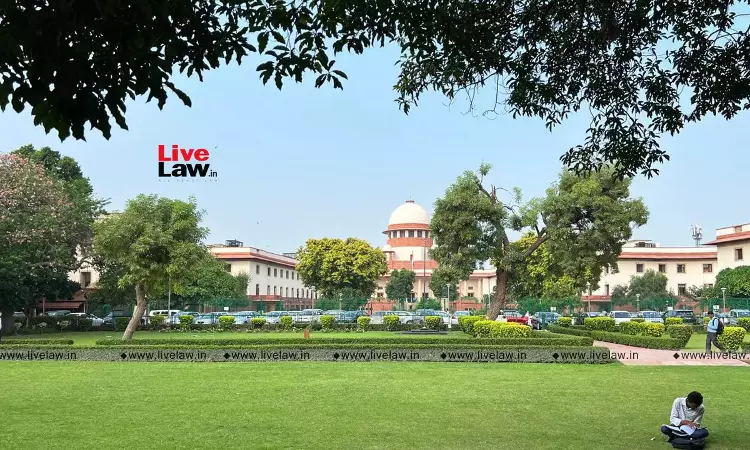Supreme Court Questions Feasibility Of Directing Establishment Of Separate Cycle Tracks All Over India
Amisha Shrivastava
15 Jan 2025 9:04 PM IST

The petitioner has contended that establishing cycle tracks will also provide a solution to problem of severe air pollution.
Next Story


